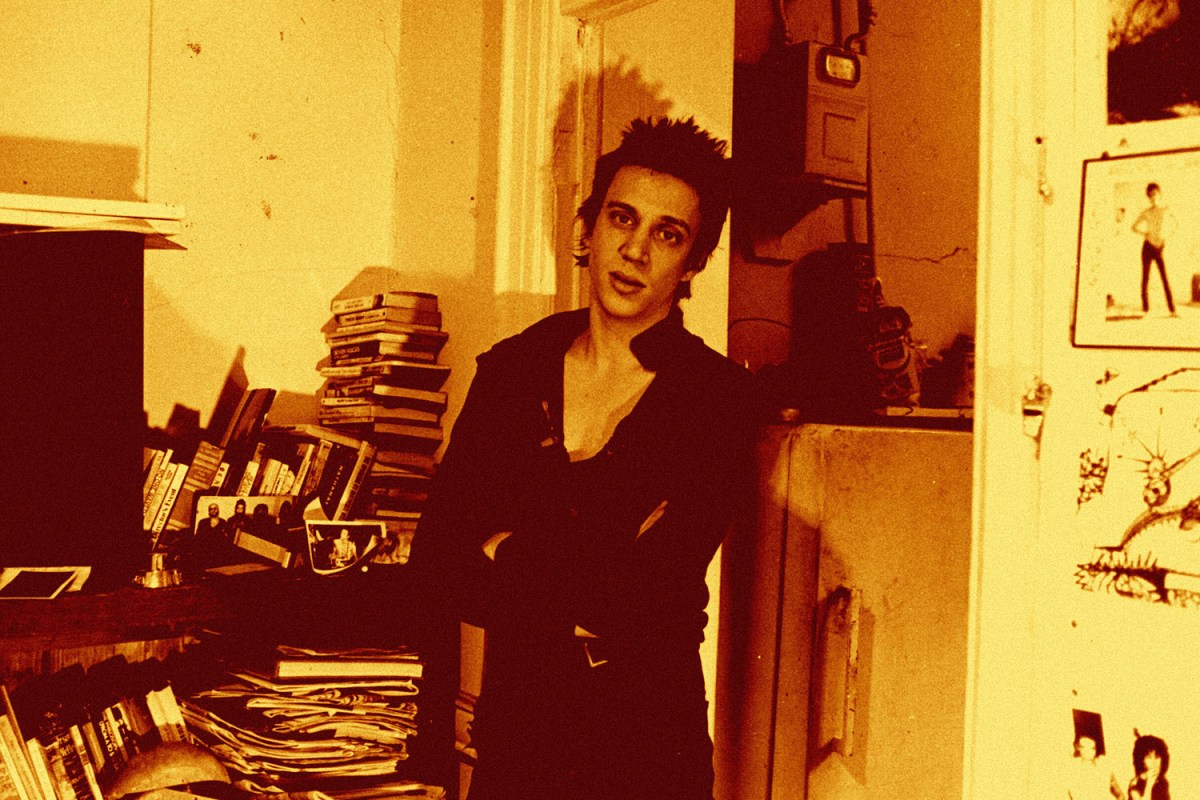Richard Hell on New York City and Revisiting “Destiny Street” (Twice)
The legendary musician reflects on his final album

Richard Hell reflects on “Destiny Street.” Roberta Bayley
Richard Hell doesn’t like being called a punk. It’s surprising, considering he’s remembered as a punk innovator. He’s a man who defined New York’s 1970s CBGB era, influenced the Sex Pistols and was a member of some of the greatest punk bands of all time: Television, The Heartbreakers and The Voidoids — before walking away from it all. But he’s sure: “I’m not a punk.”
Speaking to InsideHook from his home, Hell is an introspective person. He has already lived three or four different lives outside of music, having arrived in New York as a poet, then a publisher, an author, an actor and a film critic. He has even directed a short film. But it’s the records where he solidified his status as an icon: that skinny, bare-chested frame on the cover of Blank Generation, the hazy, mischievous glare — tired after weeks, maybe months, of shenanigans. And his singing, which was more playful and debonair than his growling punk contemporaries, set him apart.
